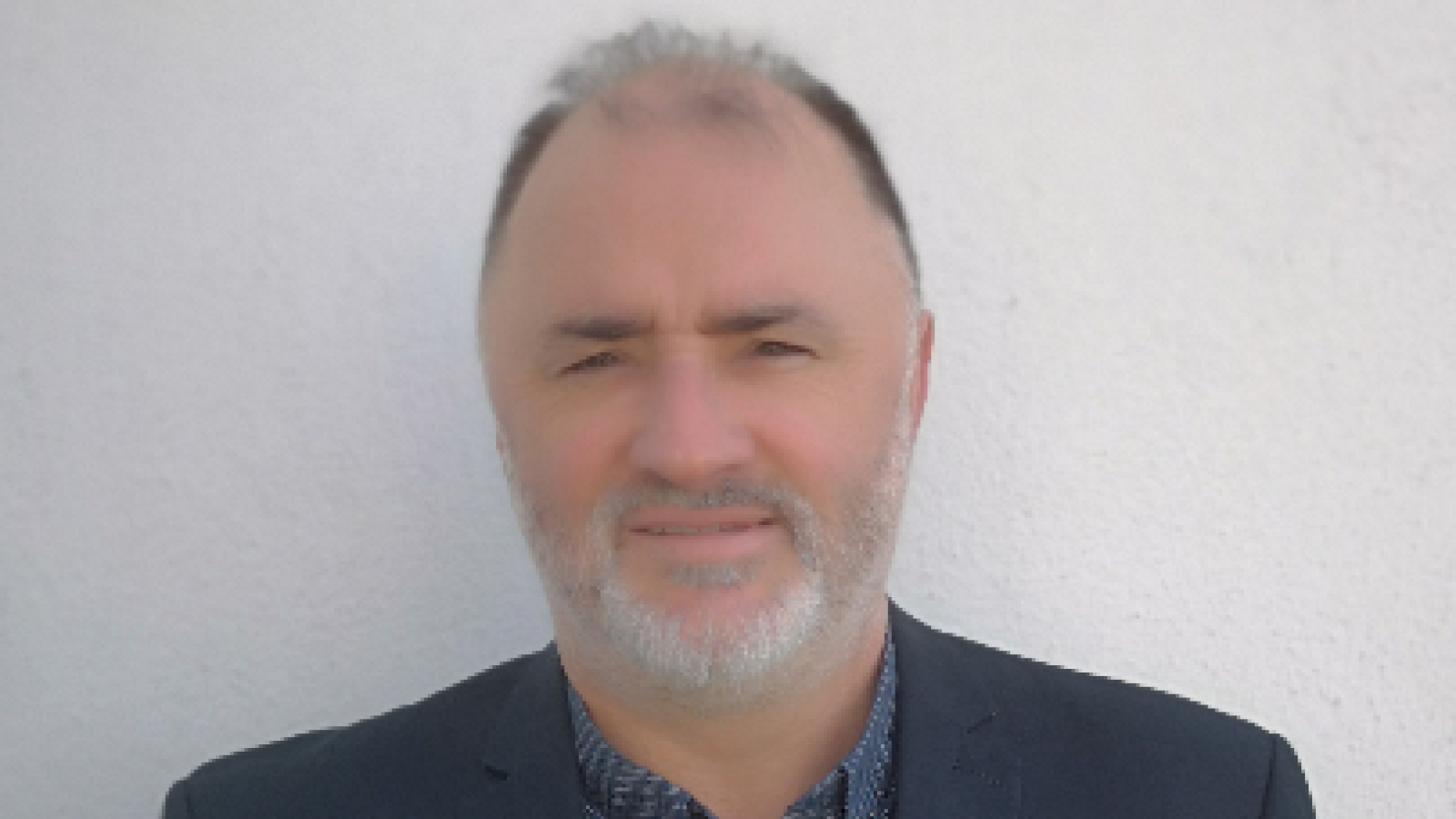Meet the Researcher – Nick Clarke

Dr Nick Clarke has been involved in cancer research for the past 12 years and currently works in DCU’s School of Psychology focusing on cancer screening and head and neck cancer survival (with Prof Pamela Gallagher). While working with the Centre for Men’s Health (IT Carlow) in 2010 he conducted a study, in collaboration with the National Cancer Registry Ireland, investigating the excess burden of cancer in men in Ireland. Funded by the Irish Cancer Society, this study found that men are significantly more likely to be diagnosed with, and to die from, several of the most common cancer in men and women (bowel, lung, bladder, stomach and melanoma).
Being aware a national bowel cancer screening programme was about to be introduced in Ireland, Nick began asking the question of whether men would be more likely to take part in bowel cancer screening, given they are at higher risk of being diagnosed and dying with the disease. Nick designed a study to explore uptake in bowel cancer screening, and the Irish Cancer Society awarded him a PhD scholarship in 2012 to investigate this.
Nick began his PhD in 2013, under the supervision of Prof Linda Sharp (National Cancer Registry Ireland) and Prof Patricia Kearney (UCC). Nicks research has been widely published and has identified for the first time in Ireland, socio-demographic and socio-economic barriers to bowel screening. His research has also found that cancer fatalism, negative emotions and attitudes to cancer and screening, and defensiveness influence people’s decision not to be tested for bowel cancer.
Nick was awarded a new Irish Cancer Society grant (Increasing Uptake in Bowel Cancer Screening Award) in 2019. This new research (entitled: Interventions to improve bowel cancer screening uptake in Ireland: a 2x2 factorial trial), aims to improve uptake in Bowel Screen, Irelands National Bowel Cancer Screening Programme.
Currently all people in Ireland between the age of 60-69 are offered a bowel screening test every two years. The test can be done in the privacy of the persons own home and takes only a few minutes. Currently uptake is low, with only 41% of people completing the test. The test has the potential to find cancer at earlier stages and even to detect lesions before they become cancerous.
Nick’s new trial will test two different interventions to increase the number of people who take up the opportunity to be screened for bowel cancer. The first intervention will test if more people take the bowel screening test if sent the test kit with the invitation letter compared to those who only receive the invitation letter (and need to contact the Bowel Screen help-line for the test). The second intervention will test a behavioural intervention which will attempt to nudge people’s decision towards taking the test. These interventions have been developed in consultation with Public and Patient representatives who advised on their design.
Nick’s research involves collaboration with the National Screening Service, Bowel Screen, Newcastle University, University College London and Washington University, among others. Nick is also interested in how this work can inform the development of interventions in other screening programmes such as breast and cervical cancer screening, and potential lung cancer screening in the future.
High uptake is vital to the success of national cancer screening, particularly for bowel cancer as it is one of the most common cancers diagnosed in Ireland. Increasing the number of people who take the bowel screening test in Ireland is vital in our attempts to reduce bowel cancer and in particular reduce the number of people who die as a result of a bowel cancer diagnosis.
